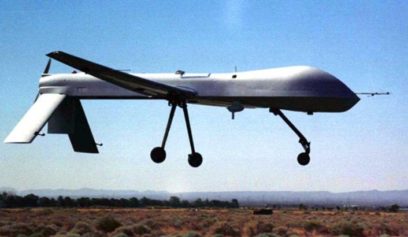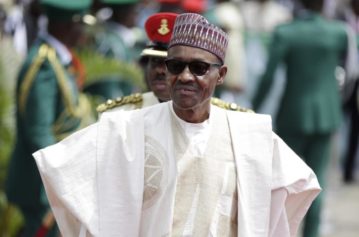
It was the deadliest attack ever on Abuja, the federal capital, which was last hit by terrorism two years ago when suicide bombers drove two explosive-filled cars into the lobby of the United Nations building, killing 21 people and wounding 60. But because Abuja is in the middle of the country, hundreds of miles from Boko Haram’s traditional base in the northeast—where they have killed nearly 1,500 people this year—it is considered an unusual target.
At the scene, President Goodluck Jonathan denounced “the activities of those who are trying to move our country backwards” by staging such an attack, according to Reuters.
“We will get over it … The issue of Boko Haram is temporary,” he said.
The bus station reportedly serves Nyanya, a poor, ethnically and religiously mixed community that is home to people who work in the central city.
Boko Haram has been more active in northeast Nigeria, where the group has reportedly killed more than 50 people in just the past five days—including eight teachers living at a boarding school that had been closed because there have been so many Boko Haram attacks on schools. The meaning of the term “Boko Haram “is “Western education is forbidden,” making schools a major target. The group wants to create an Islamic state in Nigeria, which is the most heavily populated country on the continent, with 170 million people divided almost equally between Muslims living mainly in the north and Christians in the south.
“I was waiting to get on a bus when I heard a deafening explosion, then saw smoke,” Mimi Daniels, who escaped from the blast with minor injuries to her arm, told Reuters. “People were running around in panic.”
There were still bloody remains laying across the ground as reporters observed security forces struggling to hold back a crowd of onlookers. Fire crews worked to spray the bus that still held the charred bodies of commuters in a scene that could only be described as gruesome.
“In some ways it’s not a big surprise,” Kole Shettima, director of the Abuja office of the MacArthur Foundation, told Reuters. “The situation has been escalating. It’s a statement that they are still around and they can attack Abuja when they want, and instill fear.”


